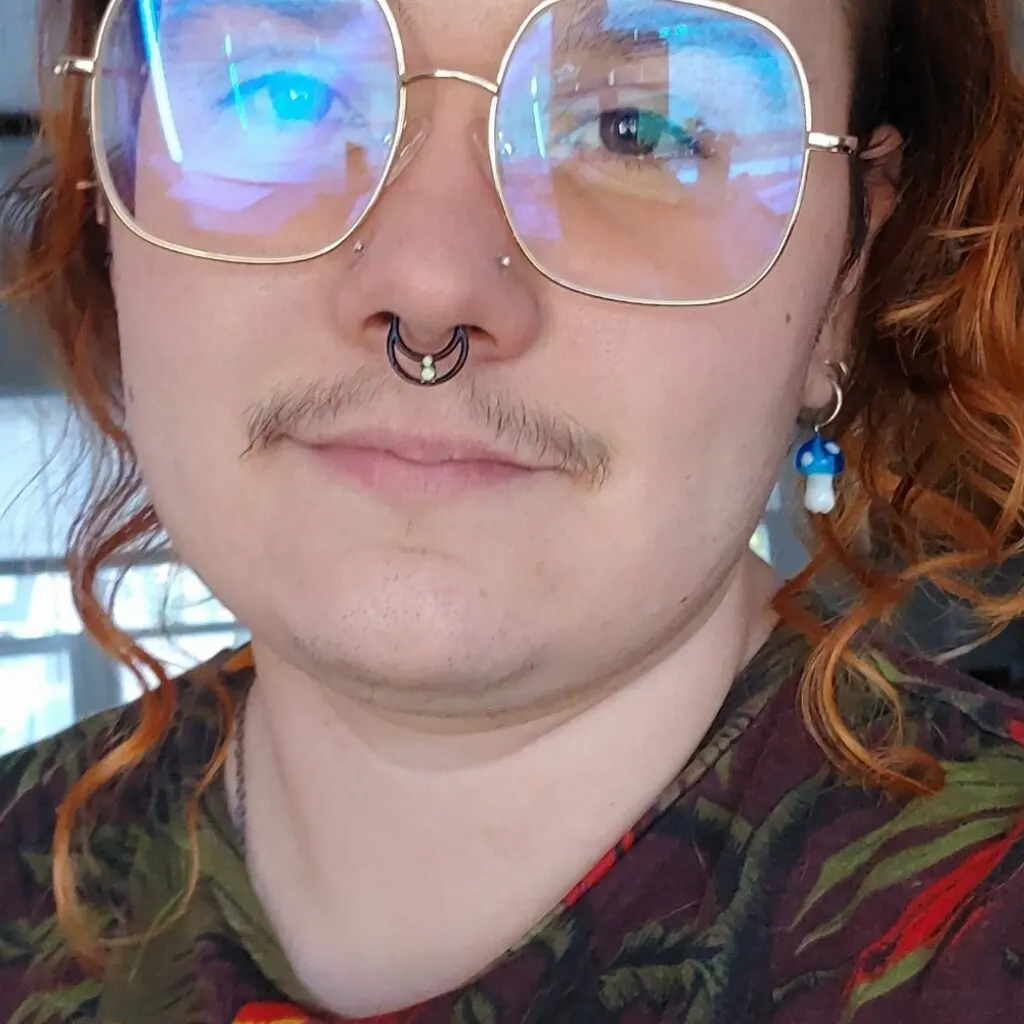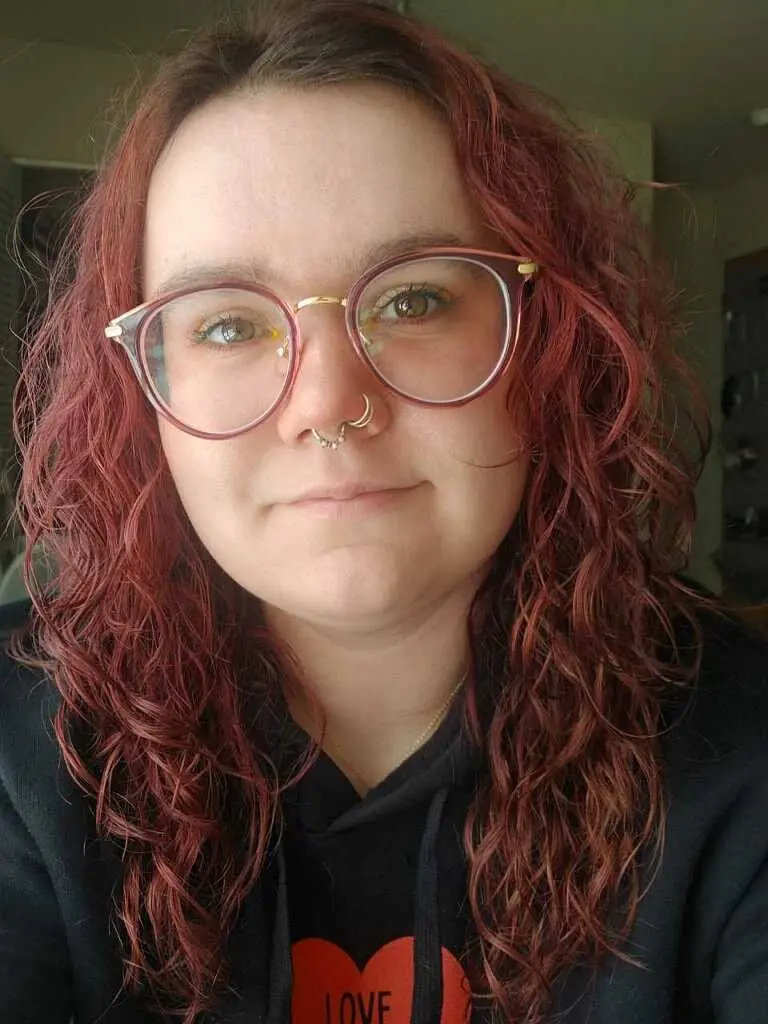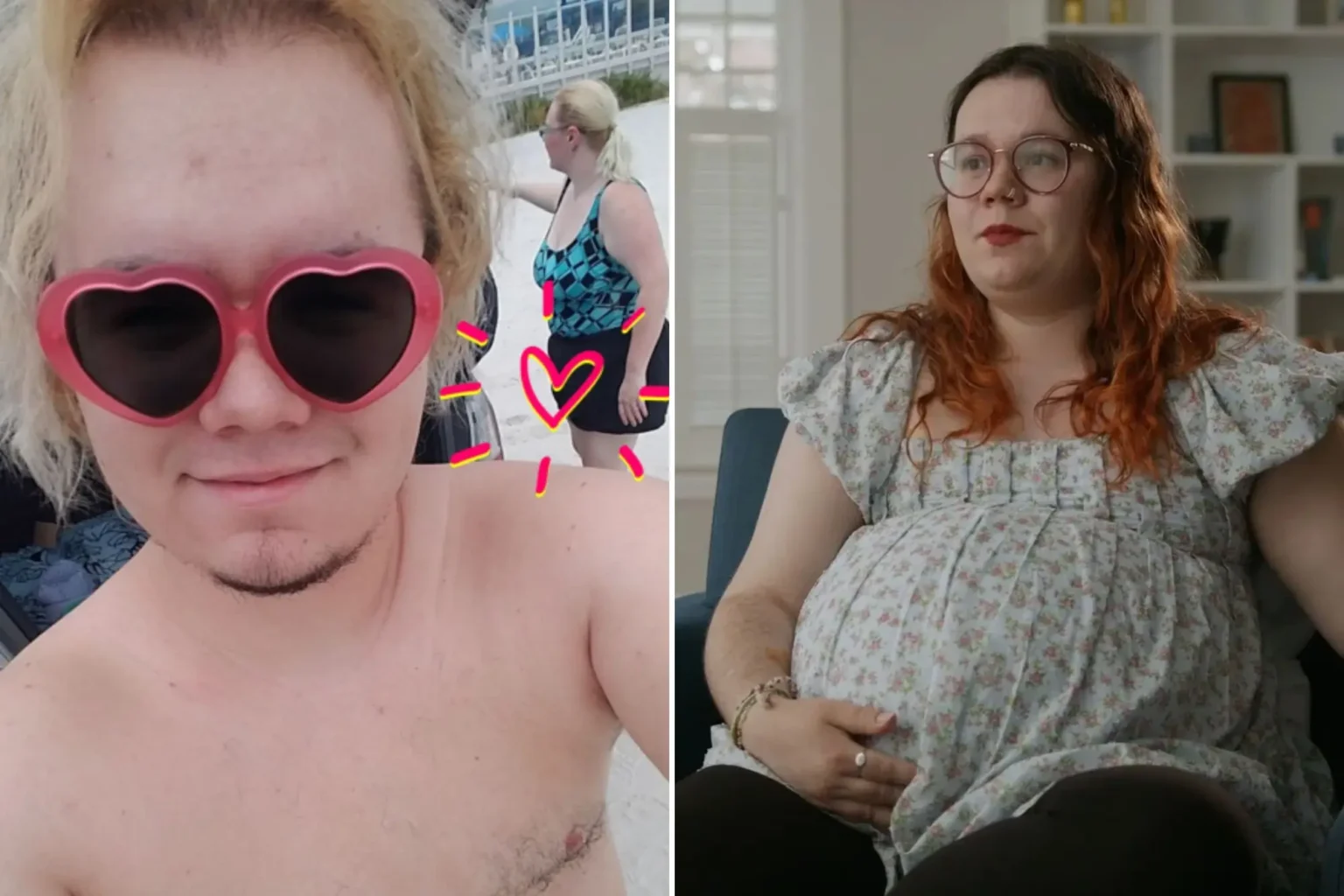Prisha Mosley thought womanhood was unsafe even before experiencing it. She was afraid of a life she hadn’t tasted yet.
Now, she’s speaking out about the devastating consequences of rushed gender transition, and the medical professionals who led her down a path she regrets.
From Afraid to Transgender
Prisha’s upbringing in Maryland and North Carolina was difficult. She turned to the internet for solace and found a transgender activist community online. But she was preyed upon by adults who convinced her that being born in the wrong body was the root of all her problems.

The Seeds of Doubt
At 12, Prisha experienced Rapid Onset Gender Dysphoria, a sudden and urgent feeling of being the wrong gender. She hated every aspect of who she was and what she looked like. She tried different identities, but none fit. She concluded she wasn’t a girl.
The Trauma of Sexual Assault
At 14, Prisha was sexually assaulted by a 20-year-old friend of a friend. The experience made her reject her womanhood even further. She thought it was something that only happened to girls, and that it was just the beginning.

The Online Activist Community
Prisha socially transitioned at 15, presenting as male, and came out to her parents. She received attention and affirmation from her online friends, which felt wonderful but was also addicting. They helped connect her to a transgender specialist, who told her she was a boy. Her parents were terrified, feeling bullied by the specialist’s words.
The Dangers of Rushed Transition
Prisha was referred for hormone replacement therapy, which she began at 15. She had a well-documented history of mental health issues, including depression, anxiety, suicidal ideation, and self-harm. She was also being treated for severe anorexia and had been diagnosed with borderline personality disorder.
Despite all this, doctors began administering testosterone treatment, and she had a double mastectomy at 18. She thought she was a boy, and that medicine and surgery were the answers to her problems. But she was wrong.
The Harsh Reality
After her surgery, Prisha was lured to Florida to live with online friends who told her she was unsafe living with her conservative, Christian family. She was convinced that there would be a trans genocide and that conservatives wanted to kill them. But during therapy for her other mental health issues, she realized the transition didn’t help the underlying issues.
Detransitioning and the Consequences
Prisha stopped taking her hormones and began to detransition. She suffers from vocal cord pain, severe vaginal atrophy, and lost part of her nipples after the mastectomy. She will never be able to breastfeed, and isn’t even sure if she’s still fertile.
A New Path
Despite the scars of her transition, Prisha is in a happy relationship, talking to her family, and enrolled in Ferris State University to become a therapist. She has empathy for trans people and wants to help others who are struggling.
“I don’t think people should be allowed to take this experimental medicine and do these experimental surgeries until they’re 25, when the brain is fully developed,” Prisha said. Her story is a powerful warning about the dangers of rushed gender transition and the importance of careful consideration and compassion.

